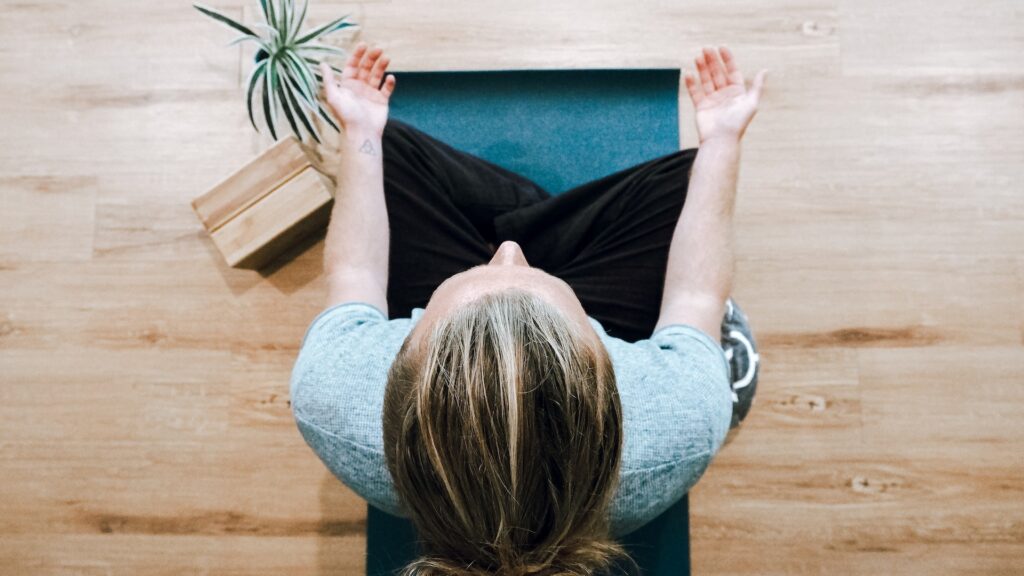Introduction:
Meditation has long been recognized as a powerful practice for cultivating peace and balance within the mind and body. In recent years, it has gained significant attention for its countless benefits on mental health. In this blog post, we will explore the various advantages of incorporating meditation into your daily routine, understand the process of meditation, and learn how to start your own meditation practice.
Benefits of meditation for mental health:
1. Stress relief: Regular meditation has been shown to reduce stress levels by promoting relaxation and calming the mind. It helps in managing the daily pressures of life more effectively.
2. Anxiety management: Meditation techniques, such as mindfulness meditation, can significantly alleviate symptoms of anxiety. It cultivates self-awareness and helps individuals regain control over their anxious thoughts.
3. Improved focus and concentration: Through consistent meditation, one can enhance their ability to concentrate and stay focused for longer periods. This can be particularly useful for individuals experiencing attention deficit issues.
4. Emotional well-being: Meditation aids in calming and regulating emotions, leading to a greater sense of emotional stability. This practice can improve overall mood and promote emotional resilience.
5. Better sleep: Those struggling with insomnia or other sleep-related issues can greatly benefit from meditation, as it helps in relaxing the mind and preparing the body for restful sleep.
The process of meditation:
1. Find a quiet space: Select a peaceful area where you won’t be distracted during your meditation practice.
2. Get comfortable: Find a comfortable sitting position, either on the floor or in a chair, ensuring that your back is straight and relaxed.
3. Focus on your breath: Concentrate on your breath as you inhale and exhale naturally. Use this as an anchor to bring your attention back whenever your mind starts to wander.
4. Be present: Allow any thoughts or sensations to arise without judgment or attachment, letting them pass by like clouds in the sky.
5. Start with short sessions: Begin with just a few minutes of meditation and gradually increase the duration as you become more comfortable with the practice.
How to start your meditation practice:
1. Set a regular schedule: Decide on a specific time and duration for your meditation practice each day. Consistency is key for reaping the benefits.
2. Start with guided meditation: Utilize guided meditation apps or videos to assist you in your initial meditation journey. These resources provide instructions and gentle guidance.
3. Join a meditation group: Consider joining a local meditation group or class. Practicing meditation with others can provide support and encouragement.
4. Be patient and gentle with yourself: Meditation is a skill that takes time to develop. Be kind to yourself during the process and remember that even a few minutes of meditation can have significant benefits.
Conclusion:
Incorporating meditation into your daily routine can have profound positive effects on your mental health. By reducing stress, managing anxiety, improving focus, enhancing emotional well-being, and promoting better sleep, meditation can contribute to a more balanced and fulfilling life. Start your meditation practice today and experience the transformative power of this ancient practice.

